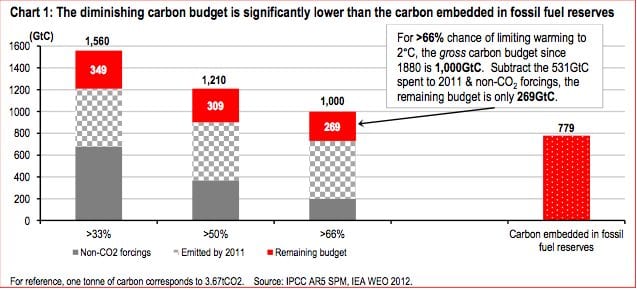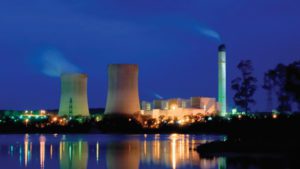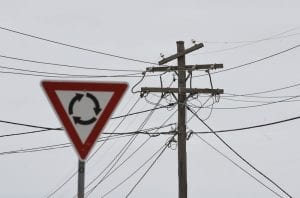As HSBC has noted in its latest report, the concept of a ‘carbon budget’ has been gaining traction with policymakers and investors as a gauge to meausure the viability of long-term capital expenditure decisions, particularly for the fossil fuel industry. So, when the Intergovernmental Panel on Climate Change (IPCC) released its latest report, describing global warming as “unequivocal” – and the human influence on this warming as “clear” – it also set a new, much slimmer, one trillion tonne (1,000GtC) budget for the amount of carbon that the global economy can emit to the end of the 21st century without breaching the 2°C target.
As we wrote last week, the IPCC’s 5th assessment report – its first since 2007 – says that the world has likely already consumed more than half its carbon budget, and has possibly used up to two thirds. Business as usual is expected to exhaust the budget within 30 years. And, as you can see in the chart below, it may also mean that for the world to have the best chance to avoid the devastating impacts of runaway climate change, only 10 per cent-odd of the world’s known fossil fuel reserves can be exploited.
But one of the more sobering points to note about the IPCC’s latest adjustment to its upper limit on emissions, is that it still gives the world only a 66 per cent chance of meeting the 2°C target. The IPCC has also provided higher risk scenarios (33 per cent and 50 per cent chances of hitting the target) which generate higher budgets. As you can see above, all of the budgets are considerably smaller than the CO2 embedded in existing fossil fuel reserves, where coal has by far the largest share.
Says HSBC: “With carbon emissions running at about 10Gt per annum, at current rates the budget for the rest of the century could be depleted before 2030, confirming our previous estimate (see Peak Planet, 25 March 2013). We believe this carbon budget will provide the core framing for government negotiations for a new international climate agreement, and we expect considerable disputes over the level and geographical distribution of the budget. We also expect it to reinforce national measures to cap emissions from coal, most notably in China and the USA.”
No special mention of Australia, but as we have noted previously, this is undoubtedly an inconvenient truth for the new Abbott government, as it busily distinguishes itself as the exception to what has been described as “a new phase in global climate action.”









